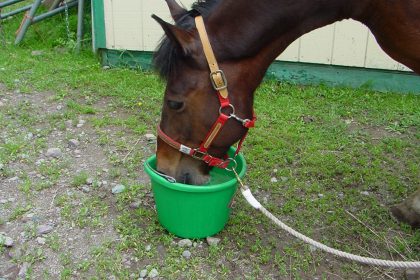Can you keep your horse for less money?
With Winter approaching, it is quite likely that after this Covid issue, lots of people will have less money coming in from their employment than previously – or no job at all. For some, owning a horse is an expense that means struggling financially to keep things on an even keel at home. Hay is likely to be expensive too this coming year.
This Winter therefore, it is very likely that some owners will be looking for sharers for their horses – or people to loan their horse.
If you are looking for a horse therefore, it might be a good time to take one on – providing you have the facilities nearby and finances and time.
Rather than sell their horse, many owners prefer to find a sharer or person to loan their horse during hard times.
Sadly not every horse owner will be lucky enough to find the right person for their horse. Many of course will consider selling their horse – which at times like this can be hard to do – and it will be harder this year because so many more horses will be available.
If you have someone in mind to share but you are not sure they are knowledgeable enough, why not offer a distance learning course on equine management as part of the deal – you could even share it if you wanted to make sure it fitted.
Some people own older horses and in some circumstances it would be more sensible and kinder to have the horse put down – but that is also a hard decision and of course it also costs money. Shoe string owners:
Many owners will bury their heads in the sand and just keep on trying to keep their horse on a shoe string – which will be stretched and stretched beyond what is good for the horse. As a result of all the above, there are bound to be a good many welfare cases this Winter.
Our photo shows just two of the many ponies rescued by Bodmin Moorland Pony Rescue. There are Rescue centres like this all over the country, but this year they will be stretched beyond belief. Most rescue places are already struggling to cope financially after Covid and many struggle space wise too. Beware the unscrupulous:
Whenever there are general countrywide welfare issues, there are also unscrupulous people who advertise that a horse is about to be put down unless a home can be found.
Quite often these are horses or ponies which are difficult to handle, have something wrong with them (not necessarily visible) or are old. This sort of thing always happens at times when welfare issues are common. These horses are unsaleable and dangerous, have a serious underlying health problem or are simply old. The unscrupulous owners (or in some cases disreputable owner/dealer) just want them moved on away from their own property.
There will always be people whose heart strings are pulled by these stories and they take on these difficult or ill horses and ponies without realising the issues. We worry about these horses and ponies a lot. We have seen and heard about this sort of thing so often here at Lingfield. Be aware
Even if you are not looking for a horse – if someone comes along with a story about a horse which is about to be put down, step back and make some enquiries. Sadly many people will fall for this without asking enough questions. If you are looking for a horse, be aware of the likely situations and always get as much information about free horses as you can – background and previous owners etc., be very suspicious of horses with no real information – information that can be proved by more than one person. Always have a horse vetted even if it is a give away horse looking for a home. If you have enough money to take it on – you have enough money to put it down if necessary rather than it be moved around and pushed from pillar to post by unscrupulous people who do not care.
Roly Owers – Head of World Horse Welfare said in July this year
“There are around 850,000 equines in the UK and even before the COVID-19 pandemic hit, at least 7,000 of these were considered to be ‘at risk’ with regard to welfare.
There are a number of drivers, including over-breeding across the sector and a lack of enforcement contributing to an equine crisis which has lasted almost ten years and should now be recognised as a failure of the system. COVID-19 will likely exacerbate this, potentially placing additional pressure on an equine welfare sector that is already operating at capacity.”



Receive latest news and industry insights straight to your inbox.